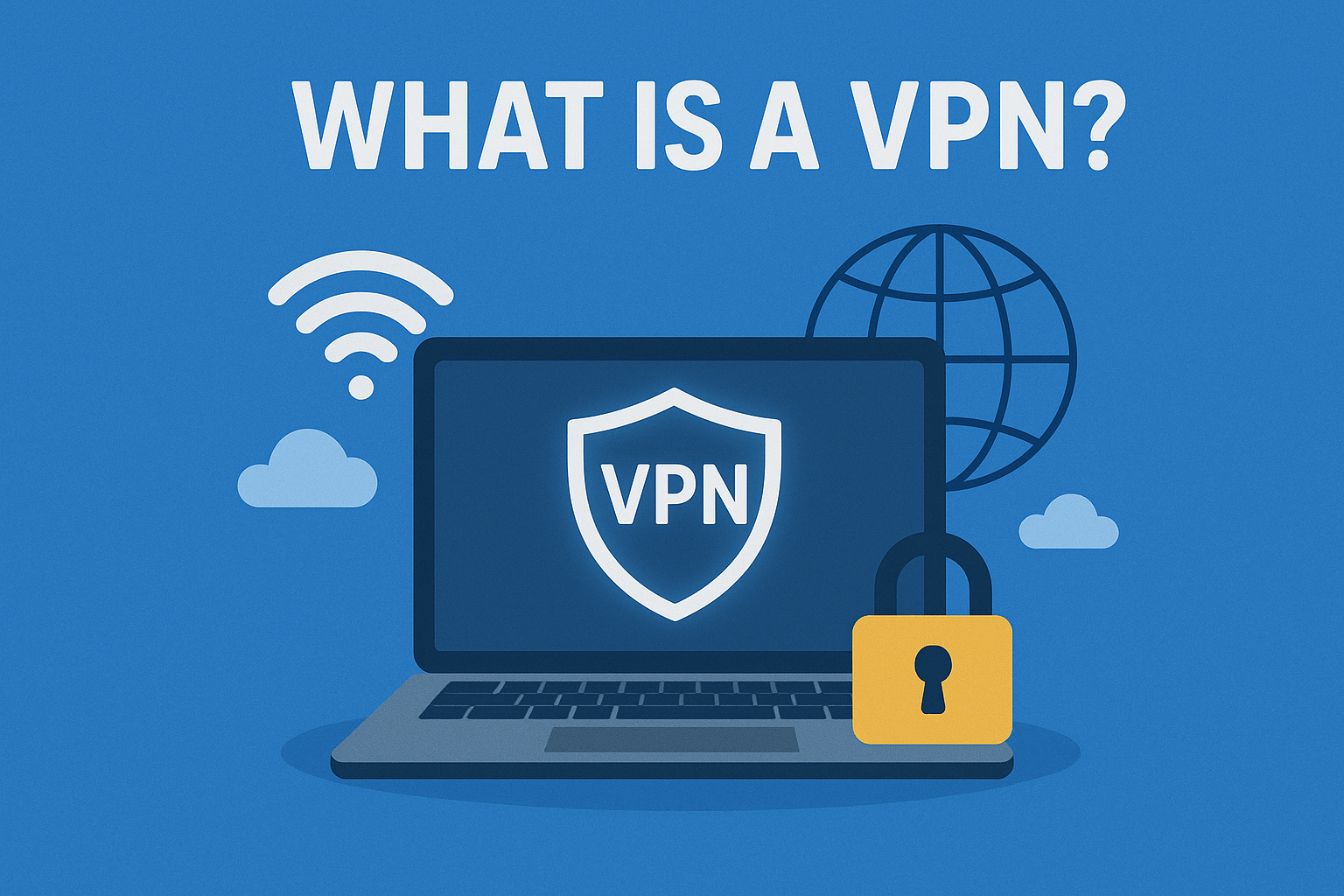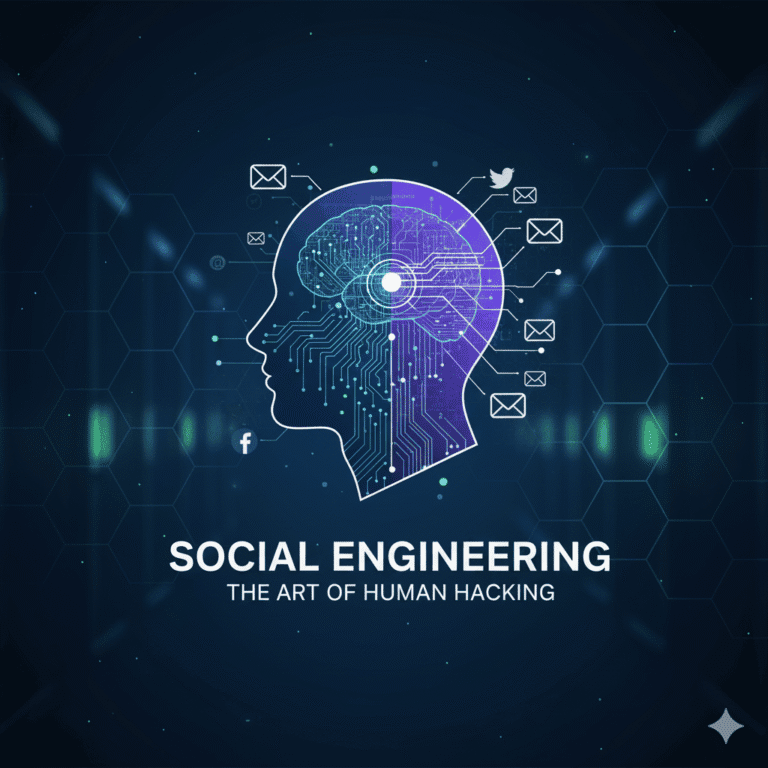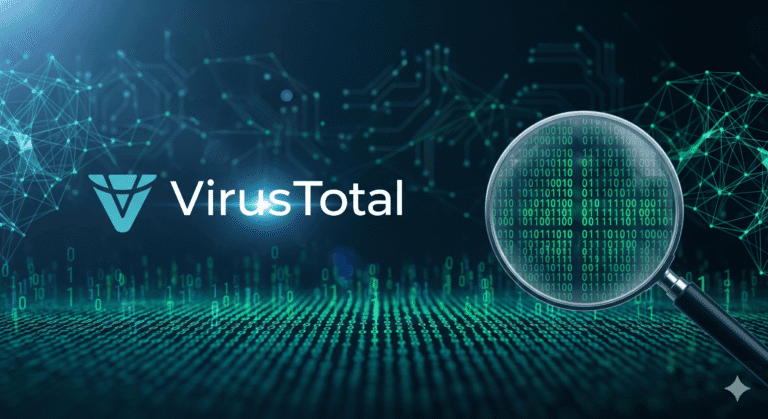Have you ever connected to the free Wi-Fi at a coffee shop, airport, or hotel? It’s convenient, but it can also be incredibly risky. On a public network, your online activity can be easily monitored by hackers looking to steal your passwords and personal information.
This is where a VPN comes in. It’s one of the simplest and most effective tools you can use to protect yourself online. This guide will answer two basic questions: what is a VPN, and why should you be using one?
What is a VPN?
A VPN, or Virtual Private Network, is a service that creates a secure and private connection for your device over the internet.
Think of it like this: normally, your internet traffic travels on a public highway where anyone can see your data. A VPN creates a private, encrypted tunnel through that highway. Everything you do inside that tunnel is hidden and secure from snooping.
How Does a VPN Work?
A VPN does two main things to protect you, and it does them automatically in the background.
- It Encrypts Your Data: When you turn on a VPN, all the data sent from your device is scrambled into an unbreakable code. Even if a hacker on the same Wi-Fi network manages to intercept your traffic, all they will see is meaningless gibberish. Your passwords, messages, and browsing history remain completely private.
- It Hides Your IP Address: Your IP address is your device’s public address on the internet, and it reveals your physical location. A VPN hides your real IP address by routing your connection through one of its own servers. Websites you visit will see the VPN server’s IP address, not yours, giving you a digital disguise.
Why Do You Need One? (The 3 Key Reasons)
While there are many uses for a VPN, here are the three most important reasons for everyday internet users.
1. To Stay Secure on Public Wi-Fi
This is the most critical reason. Hackers love public Wi-Fi because it’s often unsecured, making it easy for them to spy on users and steal data. A VPN encrypts your connection, creating a secure bubble around your activity and making it impossible for criminals on the same network to see what you’re doing.
2. To Protect Your Online Privacy
Your own Internet Service Provider (ISP)—the company you pay for internet—can see every website you visit. They can use this data to build a profile on you or sell it to advertisers. By encrypting your traffic, a VPN prevents your ISP from monitoring your online habits, giving you a powerful layer of privacy.
3. To Access More Content
Because a VPN can make it look like you are in a different country, it can help you bypass geo-restrictions. This allows you to access streaming libraries or websites that might only be available in certain parts of the world.
Does a VPN Make You Invincible?
It’s important to understand that while a VPN is a powerful tool for privacy and security, it does not make you 100% anonymous. It also won’t protect you from downloading malware or falling for a phishing attack. A VPN protects your connection, but you still need to practice safe browsing habits.
Conclusion: A Simple Tool for a Safer Internet
A VPN is an essential tool for anyone who values their online security and privacy. It’s easy to use and provides critical protection against some of the most common online threats.
Make it a habit to switch on your VPN whenever you’re not on a trusted network, like your home Wi-Fi. It’s a simple click for a much safer connection.
Ready to get your hands dirty? Subscribe to CyberTerminal to stay updated!
[INSERT_ELEMENTOR id=”1346″]




